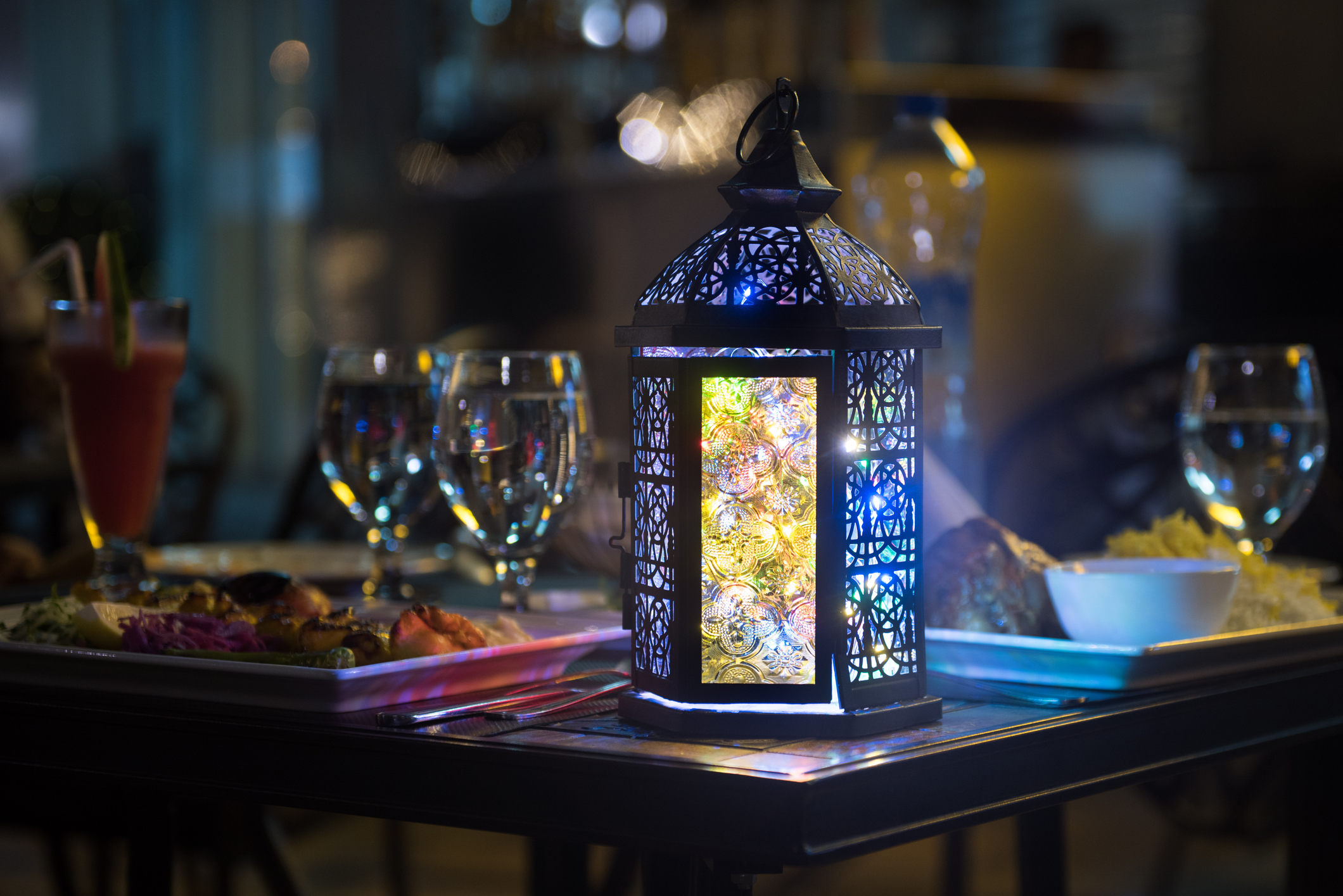Eid al-Fitr is a time for celebration, for families and communities to come together after Ramadan.
Although many families create their own traditions some things are the same all over the world: sharing special meals; exchanging presents; dressing up in new clothes.
Other customs vary from one place to the next, so we asked travel expert, Ufuk Seçgin of HalalBooking, to give us an insight into Eid traditions around the world.
Praying Eid Salat
In most places Eid Salat is prayed in the mosque, however, in Indonesia, it’s a much more communal affair, bringing together the population of whole villages or even small towns as the entire population gathers in the biggest public space – whether it’s a mosque, square or park – to pray together. It’s a truly impressive sight, with everyone dressed in traditional white clothing, creating a sea of white.
Enjoying sweet treats
After a month of fasting, everyone looks forward to sharing sweet treats at Eid. In Türkiye, as well as being known as ‘Ramazan Bayrami’ the celebration is also known by some as ‘Șeker Bayram’ which translates as ‘the feast of sugar’ or ‘sweet feast’. In Türkiye, families enjoy honey-soaked pastries such as baklava, layers of filo pastry with pistachios or kadayif, bread soaked in syrup and served with kaymak(buffalo cream). Other international delicacies include Malaysian kuih nenas,tasty pineapple cookies, Moroccan ma’amoul, spiced biscuits stuffed with dates. In Iraq and Saudi Arabia you should try kleichas, rose-flavoured biscuits stuffed with nuts and dates. Indonesia almost certainly has the most colourful sweet treat, with its multicoloured rainbow cake known as lapis legit.
Sharing a family meal
All Muslim families come together to eat a celebratory meal at Eid al-Fitr, but what’s on the table varies considerably from one country to the next. In Malaysia you might well be eating rendang, spicy stewed meat, lontong, which is vegetarian coconut curry with cubed rice or even a whole barbecued lamb. In Morocco, couscous will always be on the table, whereas in the UAE, you may find yourself trying delicious ouzi, a pastry stuffed with spiced goat meat, mixed with rice and pine nuts. In Türkiye, traditional Eid dishes often have their origins in Ottoman times, such as hünkar beğendi, a tasty lamb and aubergine dish.
Giving at Eid al-Fitr
Across the world, it is usual for families to exchange gifts and for people to give presents to their loved ones at Eid al-Fitr. In many countries, it is customary for children to be given money – in Malaysia, for example, this is known as duit raya or ‘green money packets’.
It is also traditional to share with other members of the community, or with those who are less fortunate. In Malaysia, for example, which is a multicultural society, Eid al-Fitr, known as Hari Raya,has become a celebration for the whole community, bringing people of different faiths and cultures together to celebrate. They have a lovely tradition known as ‘open house’, where Muslims from all walks of life set out an open buffet and invite their neighbours in to their home to share.
In Saudi Arabia, it it usual for people to leave rice and other food anonymously outside the homes of those who are less fortunate.
Public celebrations
In many countries there are large-scale celebrations and shows. In Indonesia, where Eid al-Fitr is known as ‘Lebaran’, huge crowds mingle on the streets accompanied by the sound of drums and firecrackers. Perhaps the most unusual tradition I have come across, takes place in Afghanistan. The tradition, known as Tokhm-Jangi, involves painting hard-boiled eggs and having a competition with them. It resembles a conker fight, where you have to bump eggs with your opponent and simultaneously try to prevent your own egg from breaking, whilst trying to crack that of your opponent.
Travel always presents opportunities to witness and learn from different traditions and cultures. HalalBooking can help you plan your next trip, using its unique halal filters to select what type of hotel or villa you want for your family, choosing from over 500,000 worldwide. You can search for hotels that have halal food, alcohol-free spaces and ladies-only beaches, pools and spas or a villa with a private fully-secluded pool for complete privacy.









